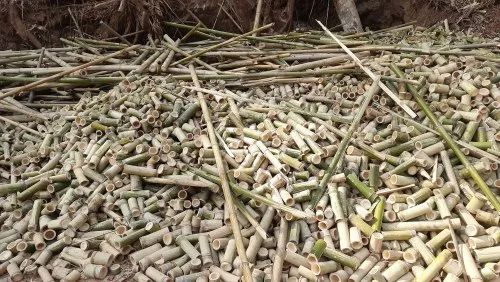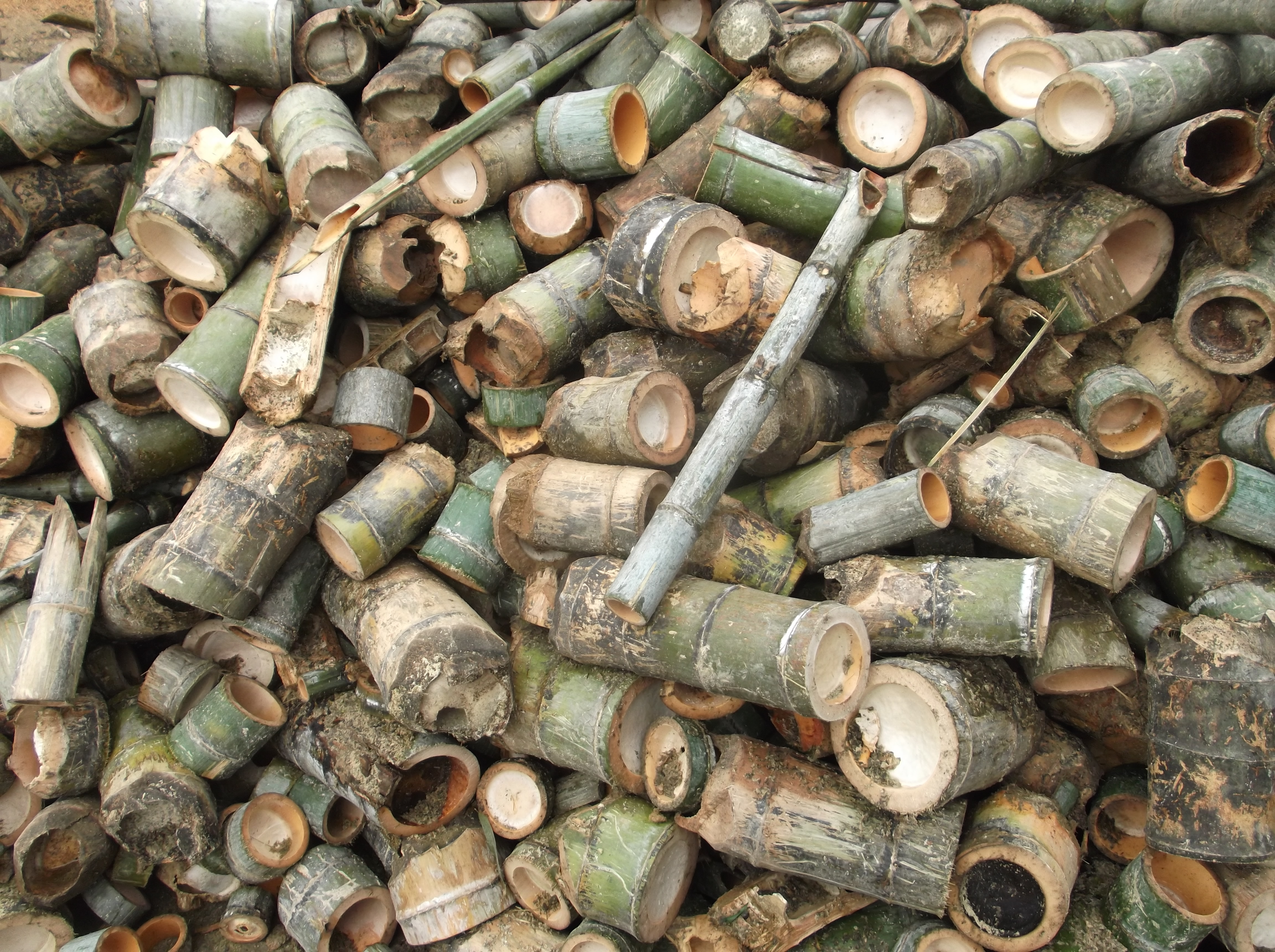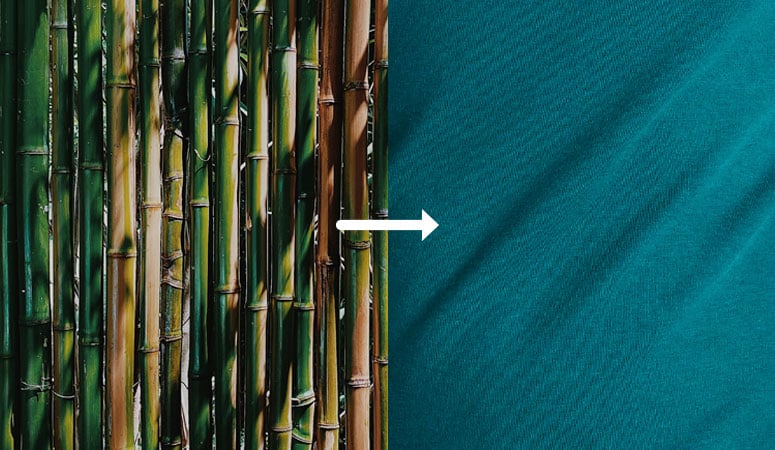Bamboo stands as a symbol of sustainability, renowned for its rapid growth, strength, and versatility. However, the production of bamboo goods often generates substantial waste, presenting a challenge for environmental sustainability. Fortunately, innovative methods and practical solutions exist to recycle bamboo waste effectively, contributing to a circular economy and reducing environmental impact.
Bamboo waste encompasses various byproducts generated throughout its lifecycle, including offcuts, trimmings, and culms not suitable for traditional use. Rather than allowing these materials to accumulate in landfills, recycling offers a viable solution to harness their potential and minimize waste.
One method gaining traction is the conversion of bamboo waste into valuable resources through bioconversion processes. Microbial decomposition and composting can transform bamboo residues into nutrient-rich compost, suitable for soil enrichment in agricultural applications. Additionally, anaerobic digestion processes can convert bamboo waste into biogas and biofertilizers, offering renewable energy sources and organic soil amendments.
Innovative technologies such as bamboo fiber extraction and cellulose refining enable the production of secondary materials from bamboo waste. These processes extract cellulose fibers from bamboo residues, which can be utilized in manufacturing paper, textiles, and composite materials. By repurposing bamboo waste into value-added products, these technologies promote resource efficiency and minimize environmental impact.
Community-based initiatives play a crucial role in recycling bamboo waste at the grassroots level. Local artisans and craftsmen often repurpose bamboo offcuts and scraps to create handmade products, ranging from furniture and home décor to handicrafts and artworks. These initiatives not only reduce waste but also support local economies and preserve traditional craftsmanship.
Furthermore, educational outreach and awareness campaigns are essential for promoting sustainable practices in bamboo cultivation and processing. By raising awareness about the environmental benefits of recycling bamboo waste, stakeholders can encourage widespread adoption of eco-friendly practices and foster a culture of sustainability within the bamboo industry.
In conclusion, recycling bamboo waste presents an opportunity to enhance environmental sustainability and promote circular economy principles. Through innovative methods such as bioconversion, fiber extraction, and community-based initiatives, bamboo residues can be transformed into valuable resources, reducing waste and minimizing environmental impact. By embracing these sustainable solutions, we can harness the full potential of bamboo as a renewable and eco-friendly material, paving the way towards a greener future.
Post time: May-07-2024








